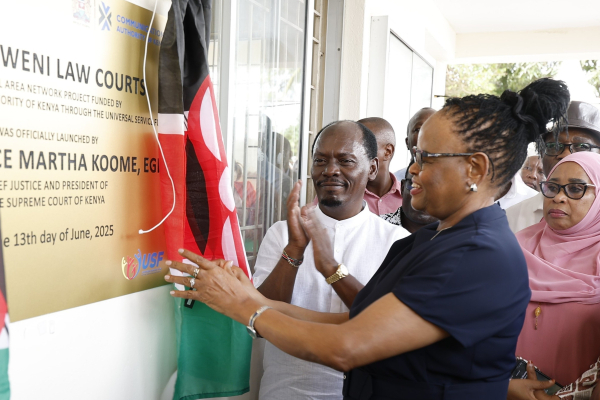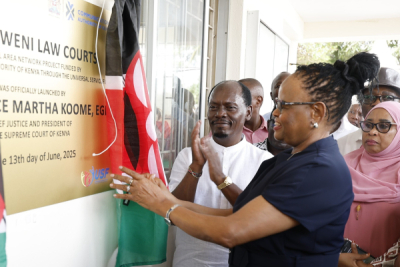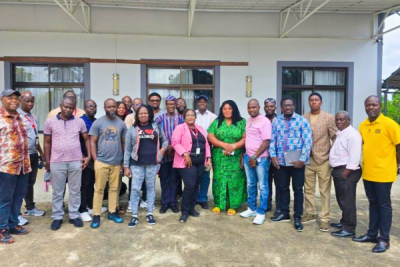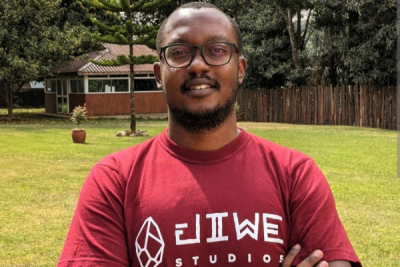Kenyan authorities aim to integrate digital technology across all sectors of the economy—including the justice system—to boost efficiency and bring public services closer to citizens. For example, 74,000 public institutions are set to be connected to the Internet within two years.
Kenya's government launched a project on Friday, June 13, to connect 42 courts nationwide to high-speed internet. With a budget of 250 million Kenyan shillings ($1.9 million), the initiative aims to accelerate the judiciary's digital transformation and bring services closer to an estimated 6.5 million citizens.
The Communications Authority (CA) is implementing the project in partnership with the judiciary. According to the telecom regulator, digitizing the justice system will enable virtual hearings, remote case management, and real-time data access. This will reduce reliance on physical court attendance and improve access to justice.
"By digitizing the Judiciary, we're directly improving service delivery, boosting transparency, and strengthening accountability across the justice system. This is exactly the kind of impact we envisioned under the national digital transformation strategy," said Stephen Isaboke, Principal Secretary in the State Department for Broadcasting and Telecommunications at the Ministry of ICT.
This initiative is part of Kenya’s broader digital transformation agenda, which positions Information and Communication Technology (ICT) as a key pillar of socio-economic development. The digitization of the justice sector also receives support from the United Nations Development Programme (UNDP), which notes that digital tools can enhance efficiency, transparency, and access to justice. The UNDP added, "When implemented strategically, digital justice can promote the rule of law and protect human rights while enhancing the effectiveness of judicial systems and institutions."
However, the UNDP also cautions about the risks associated with digitization. Digital systems could expose personal and judicial data to abuses, including privacy violations, hacking, data sales, or the use of biased data in predictive tools. Other challenges include inadequate internet coverage, a lack of suitable equipment, high costs of digital services, and insufficient digital skills. For example, the GSMA (Global System for Mobile Communications Association) estimates that 35 million Kenyans lack access to mobile internet, while the country’s population is an estimated 55.1 million, according to the World Bank.
By Isaac K. Kassouwi,
Editing by Sèna D. B. de Sodji



















